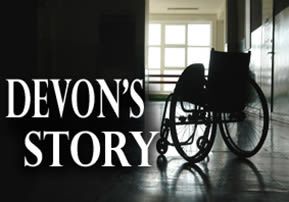
Devon’s Story
Society asks itself what good is a little ten-year old in a wheelchair? He’s a very special emissary of Hashem, helping us to correct ourselves.

“Rabbi Nachman taught that we can rise above all our difficulties. We can attain inner peace. We can succeed. All we need is that bit of faith in ourselves that we are an important and integral part of God’s creation and we can realize our ideals” (Chaim Kramer, from the Introduction to “Crossing the Narrow Bridge”).
I was a teacher for over ten years. I learned way more from the people I taught – and from the other staff members – than they ever learned from me. That’s for sure. The biggest thing I learned as a teacher, which many people find surprising, is that intelligence is way overrated. Let me say it this way, intelligence as we often so narrowly define it, is no predictor of how well a person will achieve, of success. The school of thought that proposes that there are many types of intelligence describes reality much more accurately than the snobby, narrow-minded way we so often define smarts. And after meeting thousands of students and teachers from every kind of neighborhood, I know in my bones that Hashem designed each one of us with a unique set of skills and talents, or at least the capacity to develop them, so that we can each play a valuable role here on earth.
One child, I’ll call him Devon, really proves my point. Devon was a tiny little fellow with a serious brain injury he sustained at birth. Devon was escorted through the halls in his wheelchair by his aide who also fed him through a tube that went directly into his stomach. Devon couldn’t swallow food. Devon couldn’t talk. Devon couldn’t control his bowels. Devon had a really challenging time showing you that he was even listening to anything you were saying. There were many moments where even the most compassionate teachers had to wonder what Devon was getting out of his school experience. Was it really worth it for this kid to be schlepped from class to class, day after day, grade after grade? Yet there Devon was, batting his long, light brown eyelashes and grinning, sidled right up next to the ‘regular’ kids, the ‘intelligent’ kids while they learned about cells and watched filmstrips on Lewis and Clark.
During one of those very filmstrips I was sitting behind Devon as he sat at a table with his 5th grade peers, all dusty from the playground. Something started bothering Devon, or at least the sounds he was making seemed to indicate that. He was whimpering quietly, like a baby, like something was hurting him. He never made these sounds, so I was immediately on alert. As I turned to look for his aide, a kid next to him handled the situation. He reached over and tenderly stroked Devon’s arm saying, “Shhhh, it’s all right Devon. It’s OK. It’s OK.” He sat there patting him and holding Devon’s forearm until he quieted down.
Adolescents aren’t known for their compassion and sensitivity. We all know that they are famously ego-maniacal, which is why I sat there jaw agape and choked up for the rest of the period. In that sweet little moment I saw very clearly that Devon was there for a reason, something much more profound than a stupid test could measure. He was an important and integral part of the class and school. He might never answer a question, let alone correctly. He was never going to give a book report or make a diorama. But he was contributing in his own totally unique way, and giving a scruffy little classmate a chance to teach me about how complicated a ten-year-old can be. And I love that the fact that that little ten-year-old knew how valuable Devon was, even if some of the adults in the building weren’t so sure.
By the grace of God, Devon was in a school where we were mandated, correctly, to assume that Devon was aware, that he was learning, that he cared, even if we could never truly confirm this. We should err on the side of giving him what we would want for ourselves. Thank God. And we should never assume that he wasn’t able to contribute.
A year or so later, a fellow teacher came racing into my room with Devon. She was beaming and breathing heavily. “OK Devon, show Mrs. Jonsson what you learned, do your job.” He was put in position next to my desk, where I sat wondering what the heck he was going to do, which is when I noticed the cardboard tube taped to the tray affixed to his chair. She plunked down a rolled up school newspaper in front of him. “OK, do it! Come on, you can do it, deliver it Devon!” His folded up left arm whipped out in front of him, then, Thwack! He shoved the paper through the tube onto my desk.
We all jumped up and down yelling and laughing. My fellow teacher then explained to me that one especially dedicated educator at the school figured out that Devon was indeed comprehending what we were all saying. He just needed five minutes to process the question and a way to respond given his extreme difficulties with movement and inability to speak. It took someone roughly ten years to figure it out, but there you had it. We were all racing around in the chaos and the clutter of our lives and Devon was patiently waiting for us to sit and give him some time, and a way, to answer the question we asked him five minutes earlier.
I ask you, what good was our intelligence when we spent ten years rushing around Devon, never giving him the time he needed to answer a question? We got to learn from being near him. Kids got to grow through friendship with him. Devon felt the love we truly had for him, surely. But did we truly have the faith that he had a place beyond what we were getting from him, that he had something to really give the world, from deep inside of Devon? For ten years, he was listening to what we were saying. Listening, listening, sitting, and waiting, and more waiting. When someone finally decided to stop the clock, and just wait for a twinkle in his eye, that one sweeping motion of his left arm shoved open a doorway for Devon that we had all been rushing him past for a decade.
Only Hashem knows what Devon’s role or roles- maybe he has many- are in this world. He was in school with us almost because we let him be there. We let him sit next to us, we learned from him. Hashem, Devon, I’m so sorry I didn’t give you a way to answer when I asked you a thousand times, how you were. But Hashem and Devon, you both showed me that education, that life, is so much more profound than intelligence, that what we ask of kids in school, the ways in which we measure them- and each other- don’t even begin to show the magnificence, the complexity of Hashem’s work, of His intelligence.



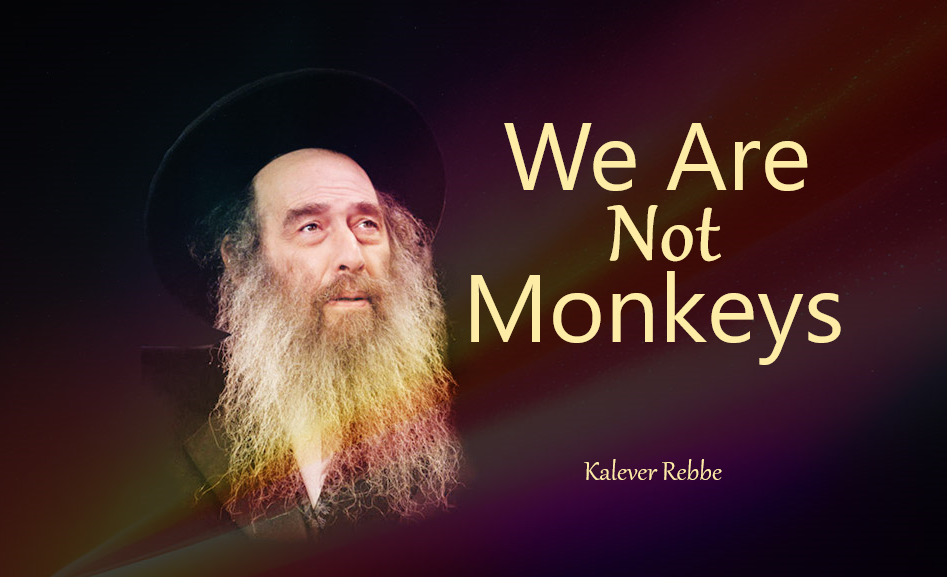
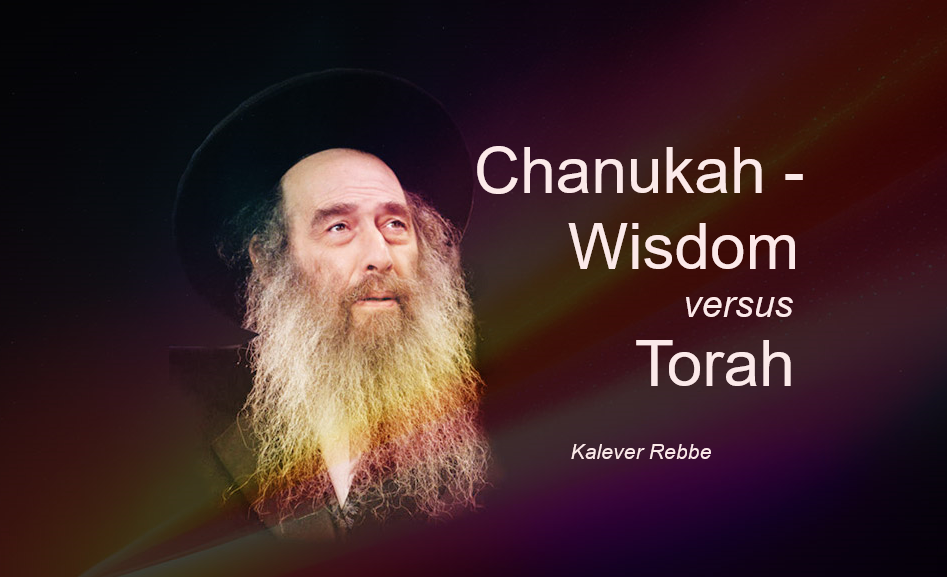
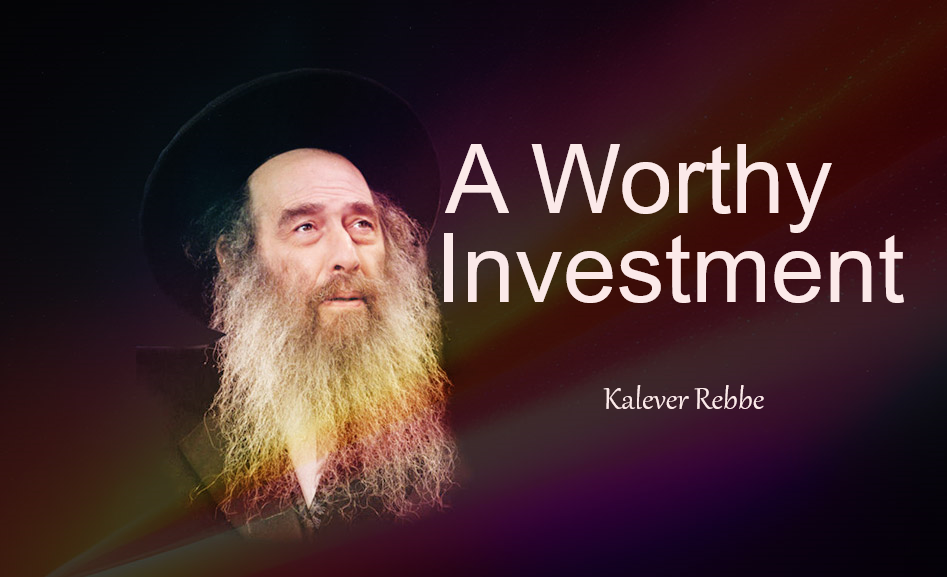




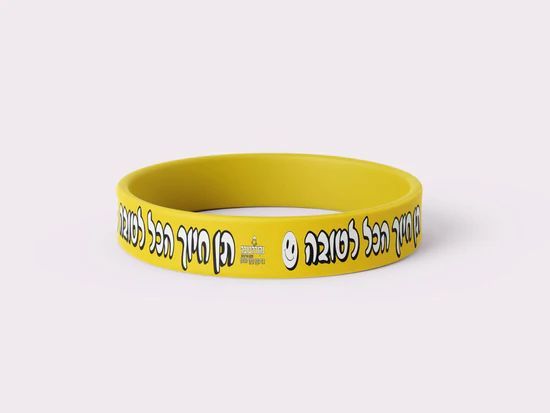

11/25/2008
“Devon’s Story”—- where is Devon now? Thank G\d for G\d. May each of us stop time to L&L(listen & love) one another. “Lift me up so I can touch the sky.” Thank you Alice Johnson for your beautiful writing.
As always
Aharon Romm
11/25/2008
“Devon’s Story”—- where is Devon now? Thank G\d for G\d. May each of us stop time to L&L(listen & love) one another. “Lift me up so I can touch the sky.” Thank you Alice Johnson for your beautiful writing.
As always
Aharon Romm
11/25/2008
Thank Gd for Gd. May each of us stop time to L&L(listen & love) one another. “Lift me up so I can touch the sky.” Thank you Alice Johnson for your beautiful writing.
As always
Aharon Romm